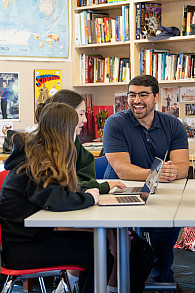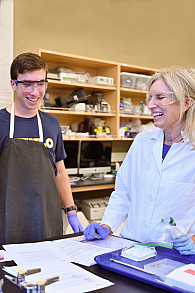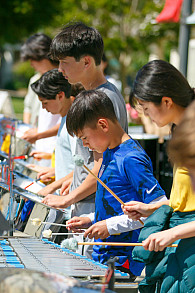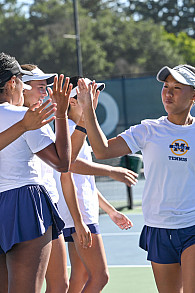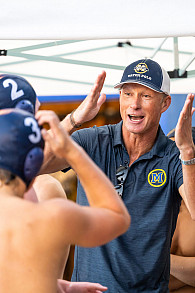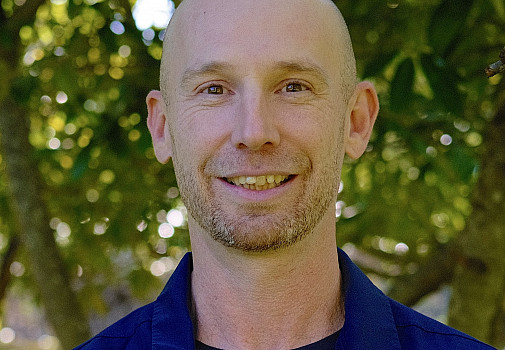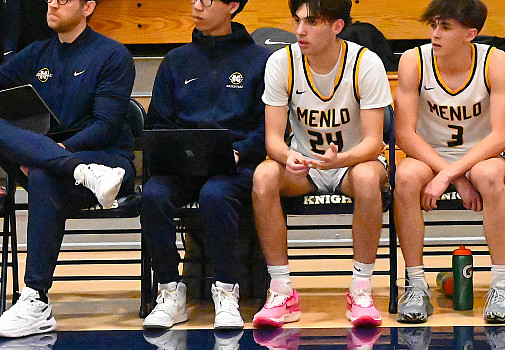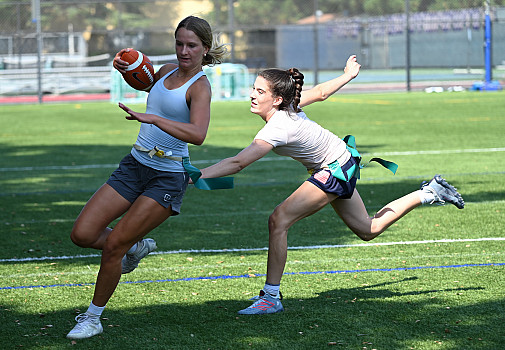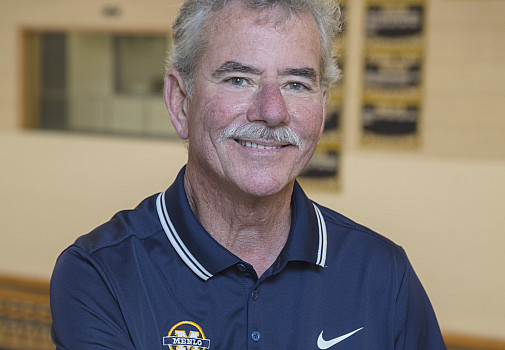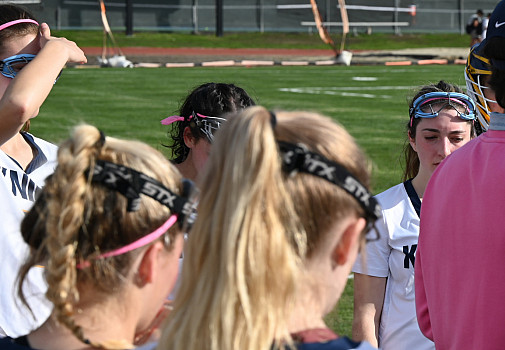- Arts
- Academics
-
Athletics
- Athletics Overview
-
Upper School Teams
- Baseball - Varsity
- Baseball - Junior Varsity
- Basketball - Boys Varsity
- Basketball - Boys Junior Varsity
- Basketball - Boys Freshman
- Basketball - Girls Varsity
- Basketball - Girls Junior Varsity
- Cross Country
- Flag Football - Girls
- Football - Varsity
- Football - Junior Varsity
- Golf - Girls Varsity
- Golf - Boys Varsity
- Golf - Boys Junior Varsity
- Lacrosse - Boys Varsity
- Lacrosse - Boys Junior Varsity
- Lacrosse - Girls Varsity
- Lacrosse - Girls Junior Varsity
- Soccer - Boys’ Varsity
- Soccer - Boys’ Junior Varsity
- Soccer - Girls Varsity
- Soccer - Girls Junior Varsity
- Swimming
- Tennis - Varsity Boys
- Tennis - Boys Junior Varsity
- Tennis - Girls Varsity
- Tennis - Girls Junior Varsity
- Track & Field
- Volleyball - Varsity
- Volleyball - Junior Varsity
- Volleyball - Freshman
- Water Polo - Boys Varsity
- Water Polo - Boys Junior Varsity
- Water Polo - Girls Varsity
- Water Polo - Girls Junior Varsity
-
Middle School Teams
- Baseball - Middle School
- Basketball - Boys Middle School
- Basketball - Girls Middle School
- Cross Country - Middle School
- Flag Football - Middle School
- Lacrosse - Boys Middle School
- Lacrosse - Girls Middle School
- Soccer - Boys Middle School
- Soccer - Girls Middle School
- Swimming - Middle School
- Tennis - Middle School
- Track - Middle School
- Volleyball - Middle School
- Athletics Philosophy & Values
- Athletics Resources
- Camps & Clinics
- Alumni Athletes
- New to Menlo Athletics?
- Student Life
- Support Menlo
- Admissions
- Calendar
- Resources
MENLO SCHOOL • SINCE 1915

Menlo News March 23, 2017
What is May Term?
The Upper School announces May Term, a new program of mini courses that will be launched during the 2017-2018 school year.

John Schafer, Upper School Director, recently spoke with students at assembly and parents at a morning MSPA meeting, to share the news that Menlo is discontinuing Knight School and launching a new program of mini courses, called May Term, in May 2018.
The School will pilot May Term as a week-long program in 2018 but hopes to expand it to two and then three weeks in the coming years. “May Term classes will be a bit different from those offered during Knight School in that they will be more mission driven. Specifically, they will address the parts of our mission dedicated to empowering students to ‘become ethical, responsible, and engaged members of ever wider communities’ and helping students ‘develop a sense of commitment to purposes larger than themselves,’” Mr. Schafer says. “We feel it’s imperative that we do a better job of getting our students out of the ‘Menlo bubble’” and learning out in the world.”
Freshmen will be offered a series of classes organized around the theme of the many Californias. Students will learn about agricultural production, coastal environmental issues, migrant workers, and the various communities and economies in our region.
Sophomores will take classes that grapple with the human dimension of local social and public policy challenges like poverty and homelessness, access to education, and criminal justice and incarceration.
These 9th and 10th grade classes will have an experiential education focus and many will feature awareness building as well as a service orientation. (The School piloted two such courses during this year’s Knight School and they were well received by students.)
Juniors will choose from a different array of innovative classes. “We are eager to use May Term—with its open schedule of day-long classes and the opportunities to collaborate with peers—to pilot a series of interdisciplinary, project-based, mostly team-taught classes,” Mr. Schafer says. “This is the direction we want our curriculum to evolve, and we see May Term as an incubator for new class ideas. I look forward to unveiling the roster of classes in the future, as I can tell by our conversations last week that they will be exciting.”
Seniors will not participate in May Term classes as they’ll continue to execute their senior projects over the course of May as our 12th graders have done for years. However, some seniors might be interested in co-developing and TA-ing a May Term class as their project.
Menlo Abroad will also be integrated into May Term. The international trips will depart in late May with students staying overseas until mid June. To date, Menlo Aboard programs have gone to Guatemala and India and are eager to add China and other countries. “Because our students have so many opportunities and demands on their time in the summer, we are hopeful that if we bring our travel-learning program into the school calendar we will be able to include more students,” Mr. Schafer says.
On the programmatic side, after the students in the Class of 2019 finish their projects, Menlo will also end PACT, the program through which upperclassmen have engaged in service learning. Starting with the Class of 2020, senior projects will shift to senior service projects. “We believe that the new 9th and 10th grade May Term experiences and having seniors, in their final months, give something back to the community will bolster our approach to service and respond to the challenge to help students “develop a sense of commitment to purposes larger than themselves,” says Mr. Schafer.
Why May? There are numerous benefits to placing this program in May:
- many of these classes will have an outdoor component, and May offers much better weather than we’ve typically experienced in February with Knight School
- the athletics seasons will largely be over, thus enabling athletes to participate in off-campus and overnight experiences
- placing the program after regular classes have concluded will be less disruptive than what happens now when we suspend regular teaching, offer a Knight School, the School has a break, and teachers try to pick up their curriculum two weeks later
- it supports the overseas travel and homestay experiences we are eager to promote
May Term will run in the final days of May, after Menlo wraps up AP exams and second semester course work, but before some of the end-of-year rituals like Senior Appreciation, Day on the Green, and Commencement. From a teacher’s perspective, May Term entails no loss of class time to their regular courses, because we are essentially moving the Knight School week to a different part of the semester. In fact, most teachers are happy to trade a week at the end of the semester for the extra instruction time in the middle of the year (and before APs).
Looking forward, if we expand May Term to more than one week in the future, we would find that time by being more efficient with the way we currently wrap up the second semester by making adjustments to the one-a-day exam schedule and perhaps adjusting the overall school calendar or cutting into time for our regular curriculum. “Key to deciding whether we can or should expand May Term beyond 2018 is the energy and engagement we get from students,” notes Mr. Schafer. “We are well aware that students—and teachers—are tired at the end of the year, but we hope that the hands-on, experiential focus of the May Term courses will promote student investment and learning.”
Over its 10-year run students have liked Knight School, with its relaxed feel, eclectic courses, and opportunities to sign up for classes with their friends, and most probably think that the School is fixing something that wasn’t broken. Mr. Schafer explains, “change can be hard, but we are excited about these new curricular directions and think the moves outlined above are important for helping our students develop into more sentient, aware, and engaged members of ever-wider communities.”
 MENLO SCHOOL Since 1915
MENLO SCHOOL Since 1915